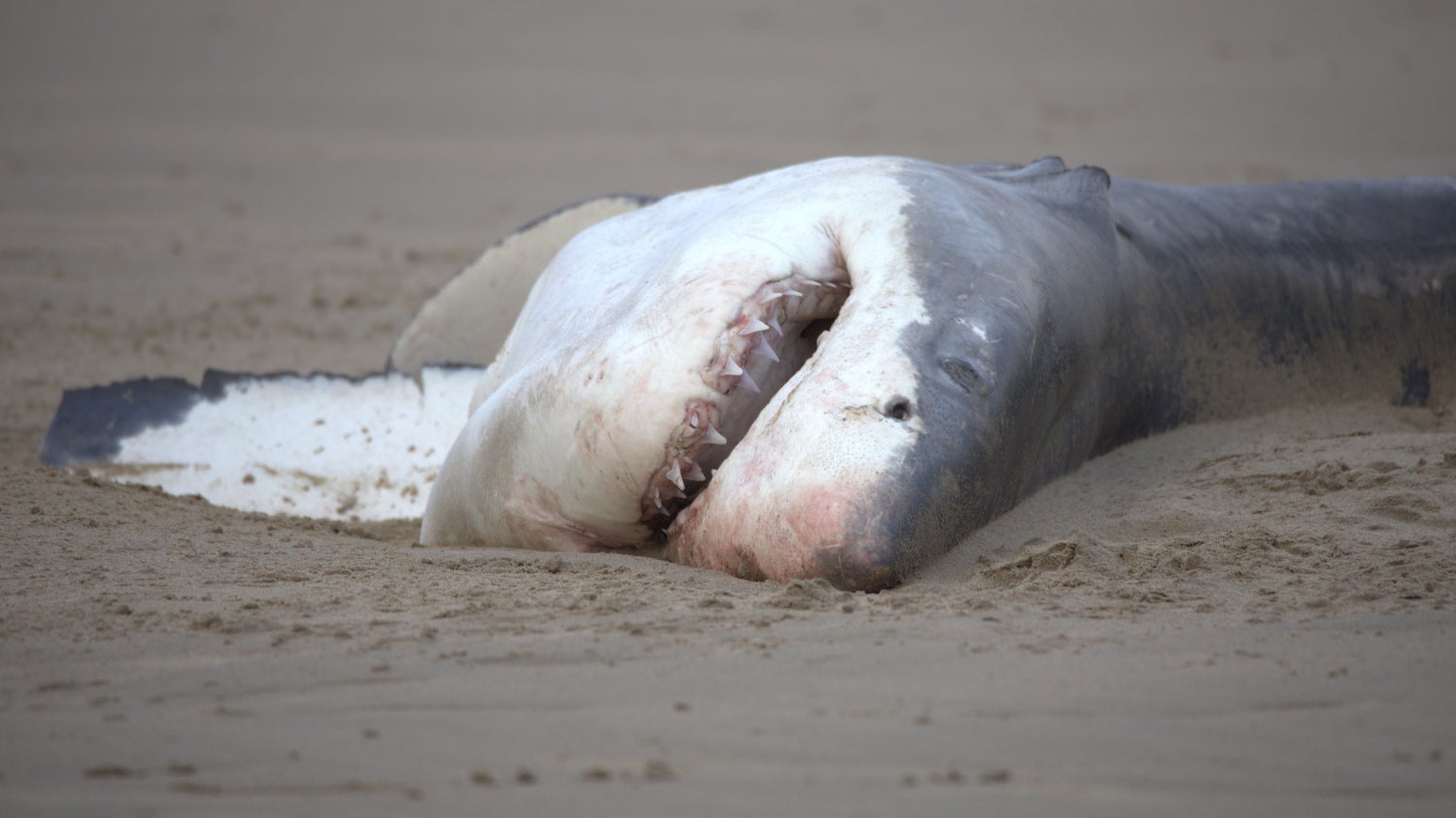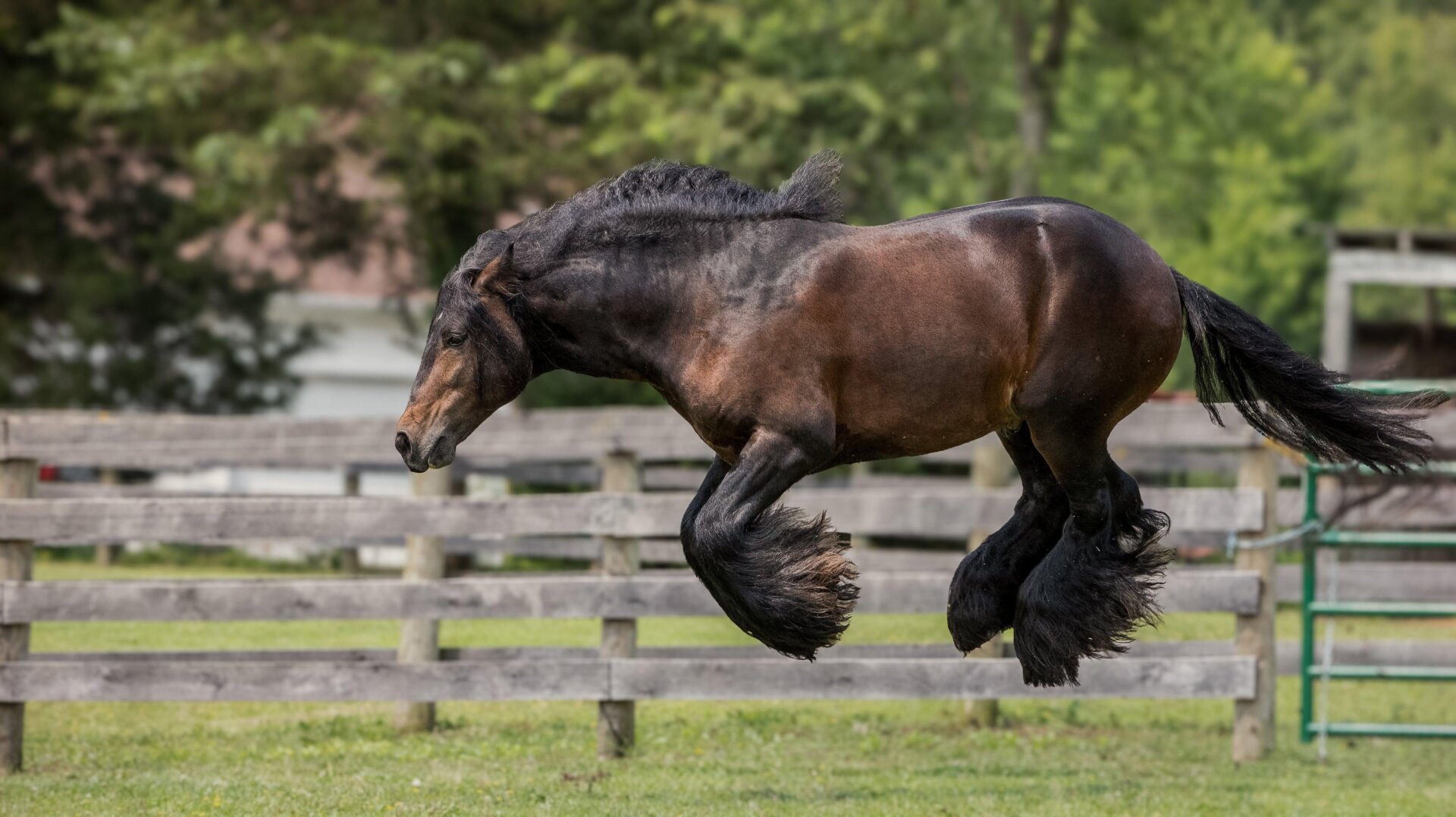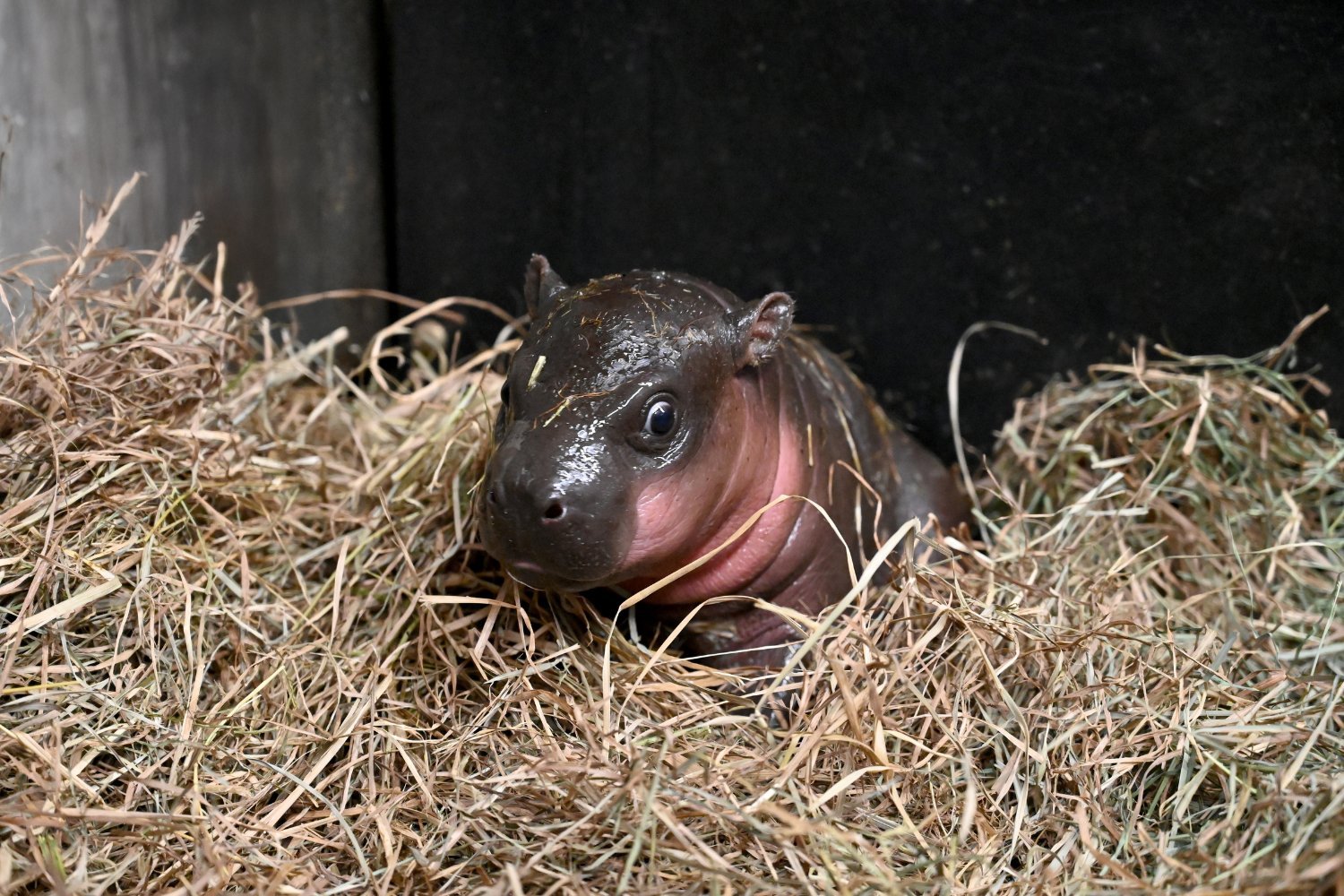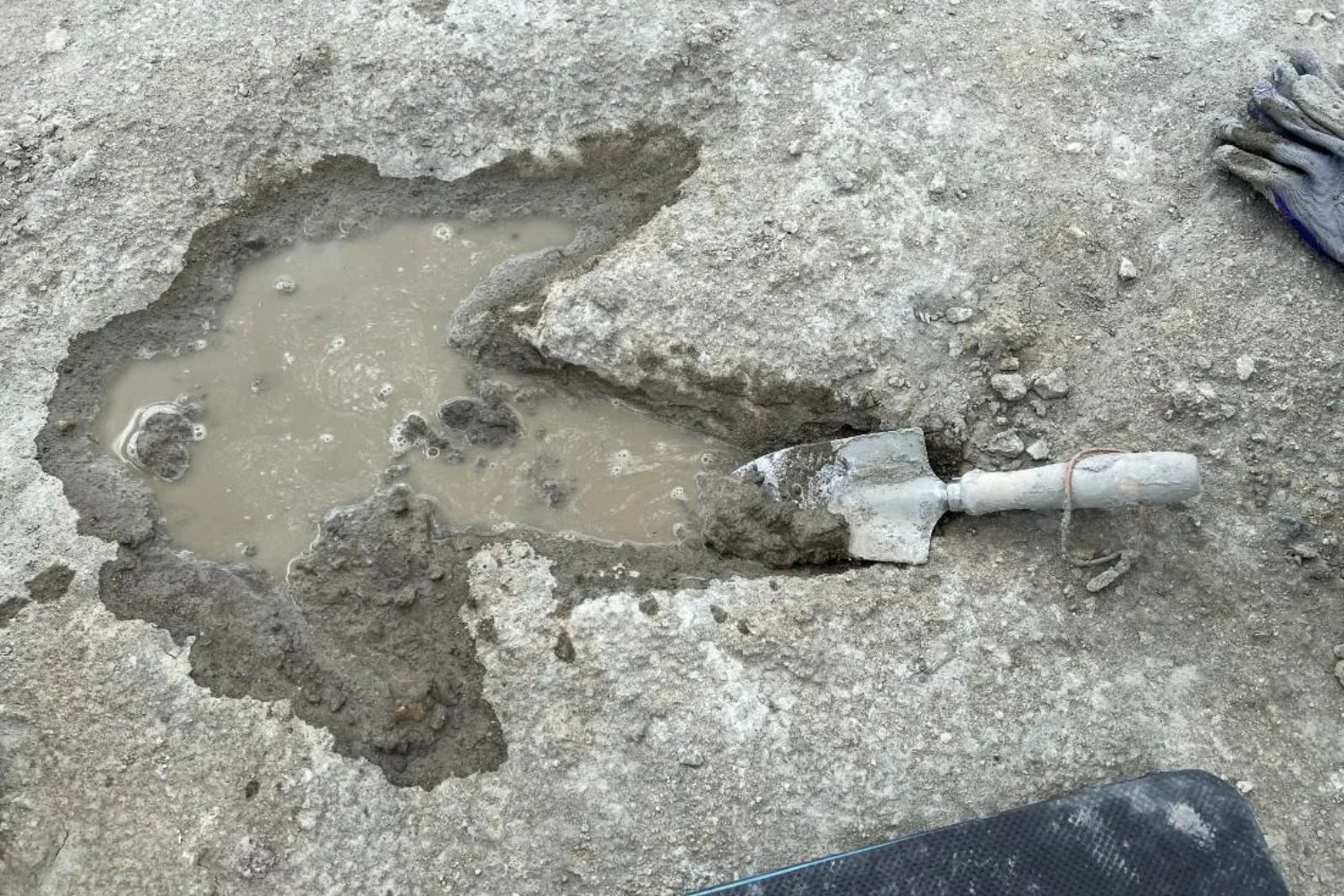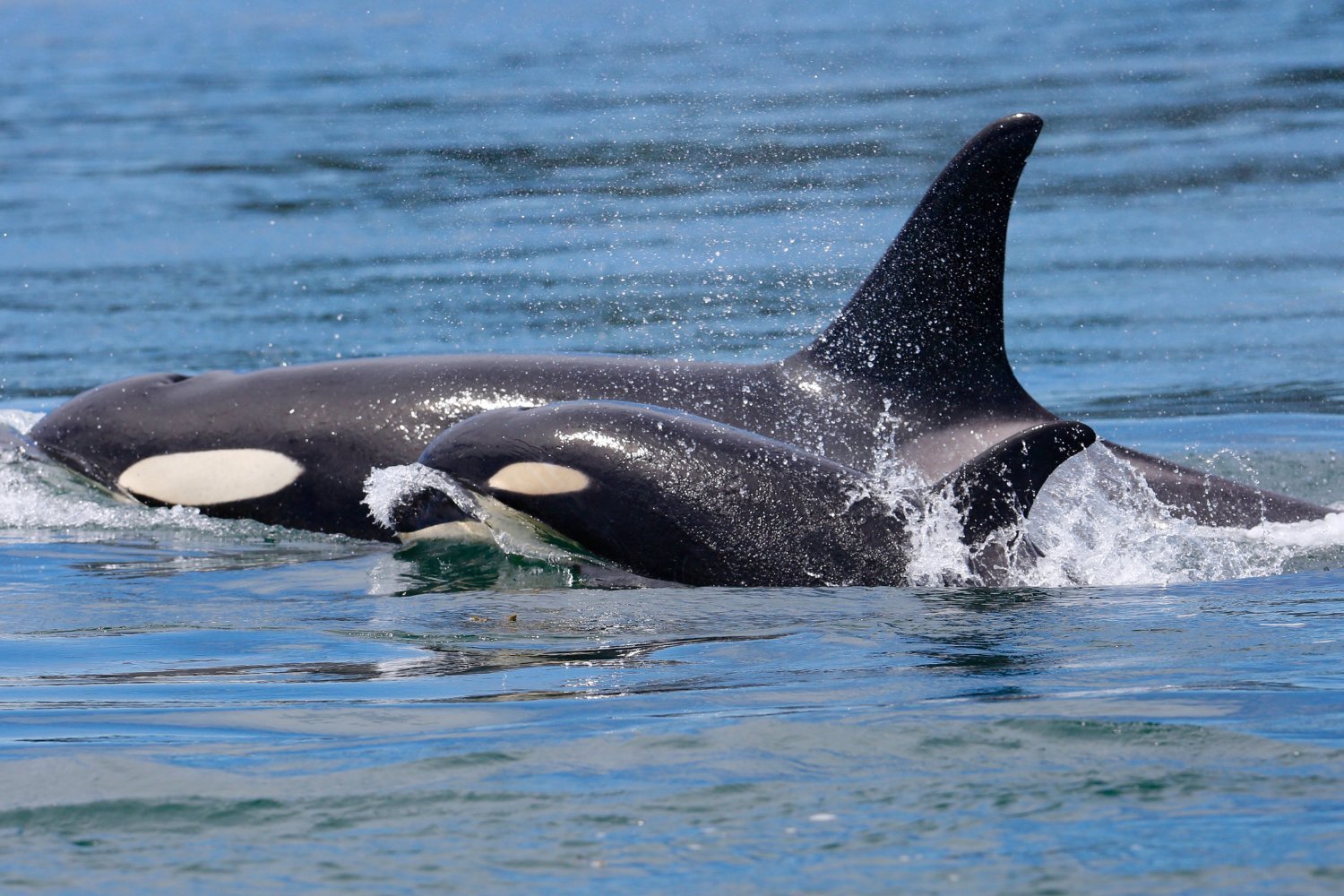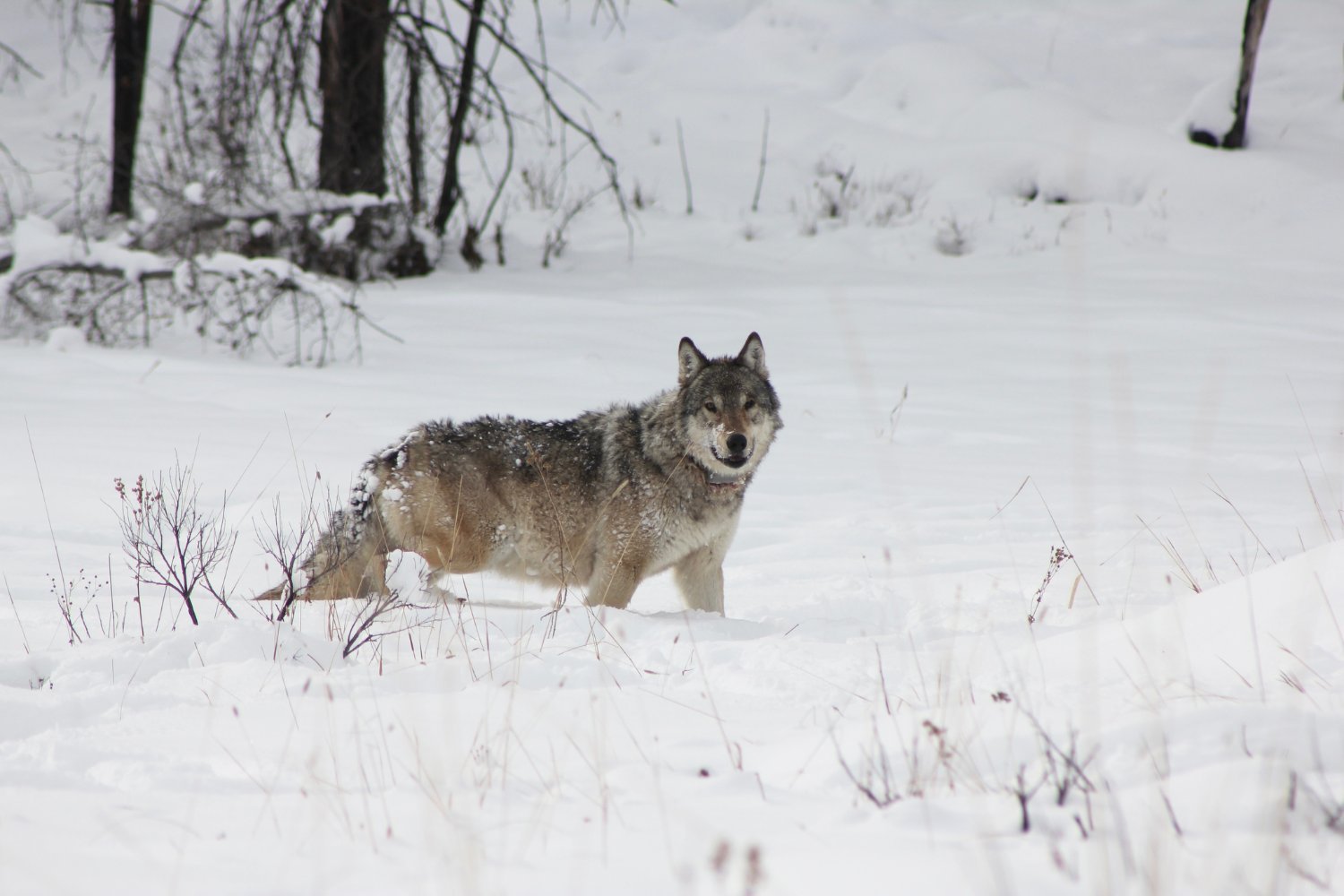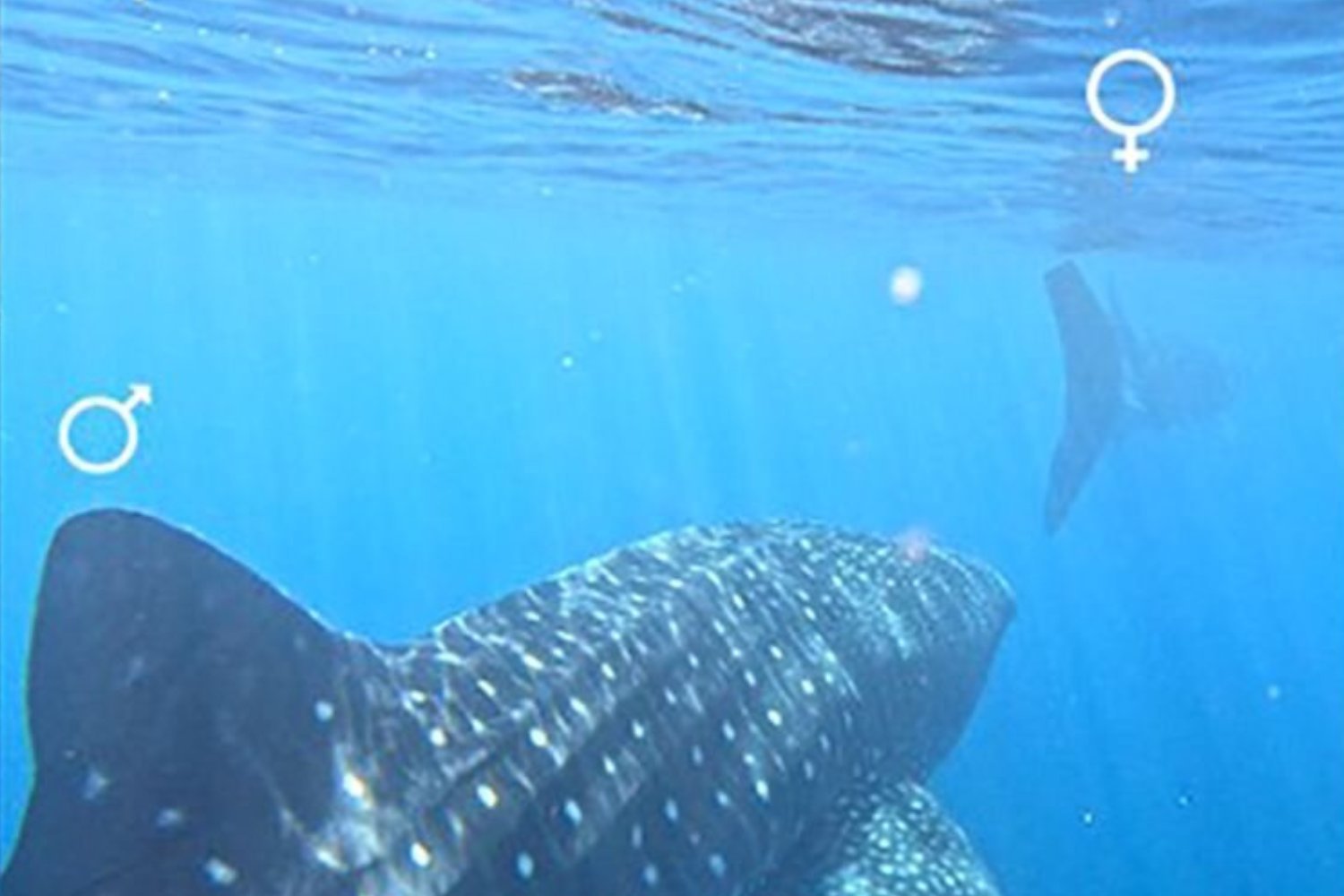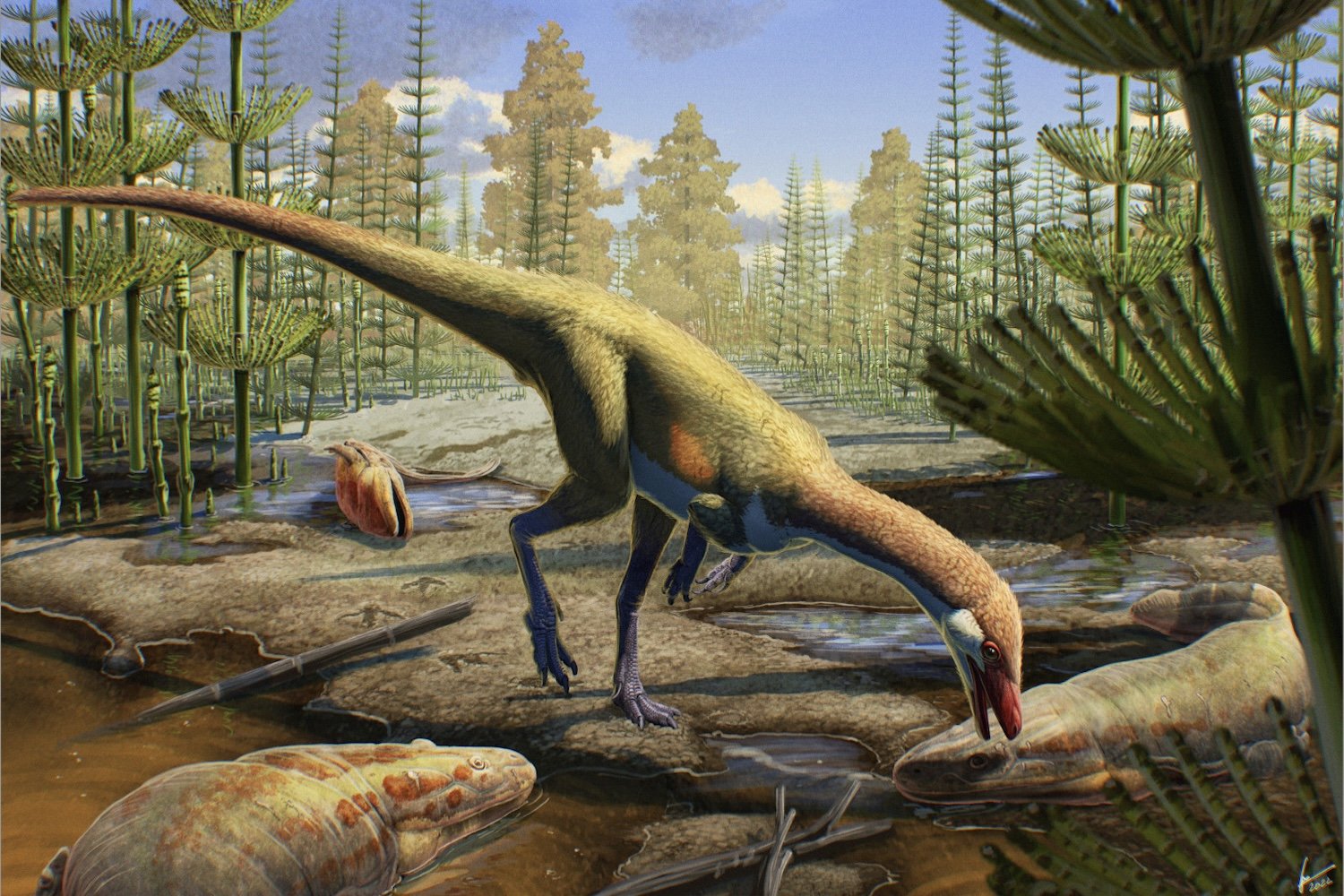Orcas have been observed hunting great white sharks off the coast of South Africa since 2017, but a recent event marks a shift in their predatory behavior. A single orca, known as Starboard, was witnessed killing and consuming a great white shark in a mere two minutes, a departure from the usual cooperative hunting tactics observed in these apex predators. This solitary act highlights the orcas’ evolving hunting strategies and the potential impact on the marine ecosystem.
Orcas: Masters of the Hunt
Two orcas, nicknamed Port and Starboard, have gained notoriety for their targeted attacks on great white sharks in Mossel Bay, South Africa. Their preference for the nutrient-rich livers of these sharks has been well-documented, with previous observations revealing gruesome scenes of half-eaten carcasses washing ashore. While orcas, weighing up to 22,000 pounds (9,980 kilograms), have a significant size advantage over great white sharks, which typically weigh up to 5,000 pounds, their cooperative hunting strategies have been the norm. This new observation of a solo orca successfully taking down a great white shark is a significant development.
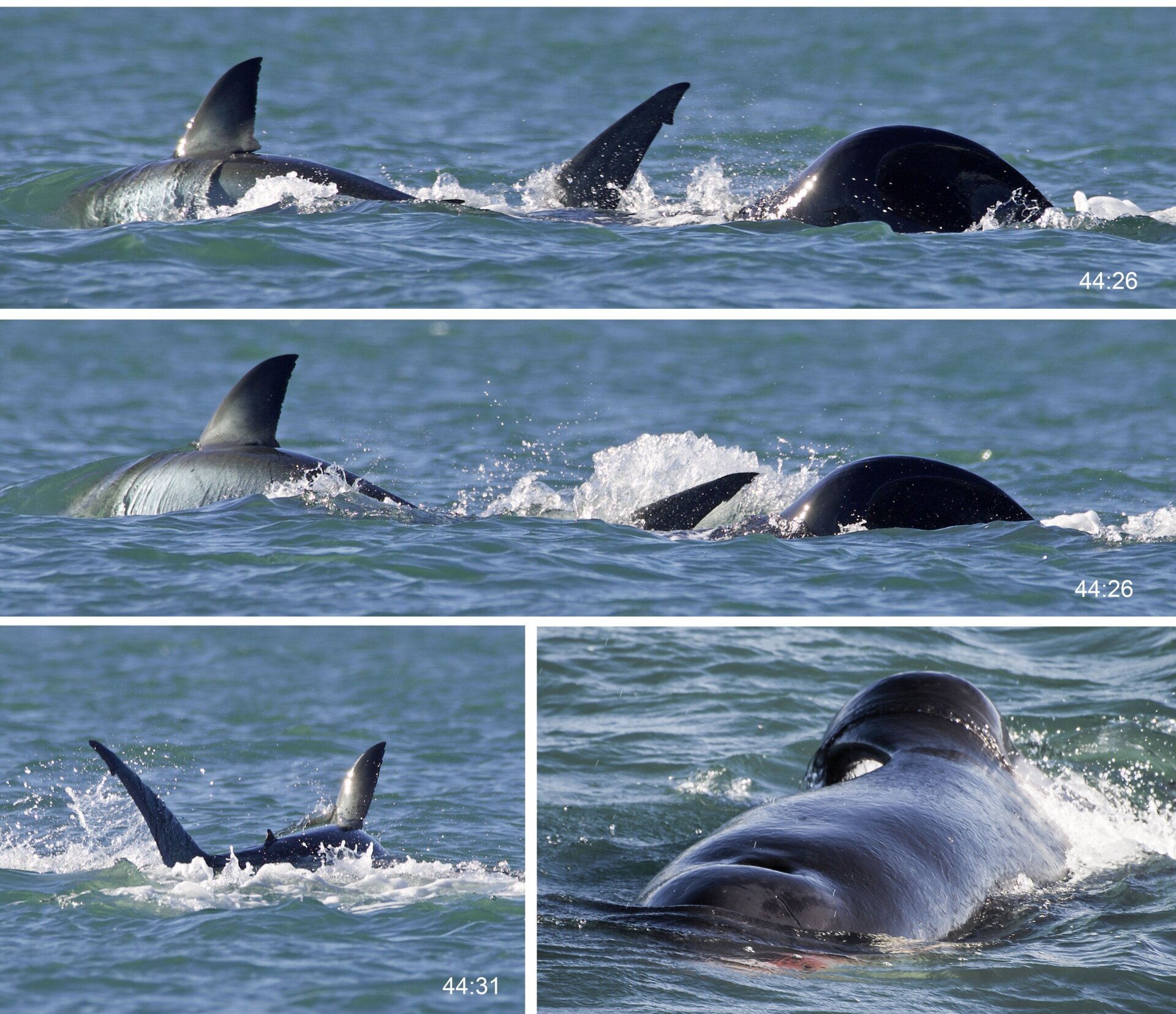 An orca taking down a great white shark.An orca, identified as Starboard, attacks a great white shark near Mossel Bay, South Africa. Photo: Christiaan Stopforth, Drone Fanatics SA
An orca taking down a great white shark.An orca, identified as Starboard, attacks a great white shark near Mossel Bay, South Africa. Photo: Christiaan Stopforth, Drone Fanatics SA
A Solitary Hunter Emerges
The recent incident, documented and analyzed in the African Journal of Marine Science, showcased Starboard, a male orca with a distinctive collapsed dorsal fin, hunting and consuming a juvenile great white shark measuring 8.2 feet (2.5 meters) long. Researchers observed the entire event, from the initial attack to Starboard carrying the shark’s liver in its mouth, highlighting the orca’s efficiency and specialized feeding behavior.
 An orca with a great white shark's liver.Starboard, the orca, is seen carrying the liver of the great white shark it just killed. This targeted consumption of the liver indicates a specific dietary preference. Photo: Christiaan Stopforth, Drone Fanatics SA
An orca with a great white shark's liver.Starboard, the orca, is seen carrying the liver of the great white shark it just killed. This targeted consumption of the liver indicates a specific dietary preference. Photo: Christiaan Stopforth, Drone Fanatics SA
Shifting Ecosystem Dynamics
This shift in orca hunting behavior raises concerns about the long-term impact on the marine ecosystem. Previous research has shown that great white sharks are avoiding certain areas along the South African coast due to the presence of orcas, suggesting a disruption in the food chain. Similar incidents, such as a liver-less great white shark carcass washing ashore in Australia, indicate that this hunting technique is spreading among orca populations.
Orcas: Apex Predators with Expanding Appetites
Orcas are known for their diverse diet, preying on everything from blue whales, the largest animal on Earth, to other whale species. They have even been documented engaging in complex social behaviors like kidnapping other whales and, more recently, exhibiting aggressive behavior towards human vessels, including sinking a yacht off the coast of Gibraltar.
This latest observation of a solitary orca successfully hunting a great white shark adds another layer to the complex nature of these intelligent and adaptable predators. While the immediate consequences are still being studied, it is clear that the presence of these apex predators is significantly influencing the dynamics of the South African coastal ecosystem.
Conclusion: The Future of the Ocean’s Apex Predator
The observed shift in orca hunting behavior raises significant questions about the future of the marine ecosystem. The solitary hunting of great white sharks by orcas highlights their adaptability and intelligence. While the long-term effects remain uncertain, this new hunting strategy could reshape the balance of the South African coastal ecosystem and beyond. Continued research and monitoring are crucial to understanding the evolving role of orcas as apex predators. More: Gnarly Video Shows Orcas Killing Great White Shark



